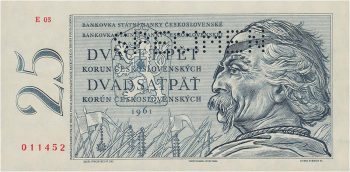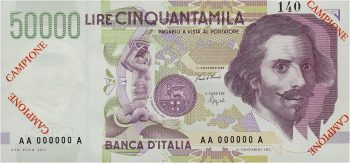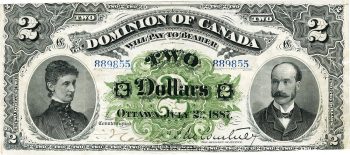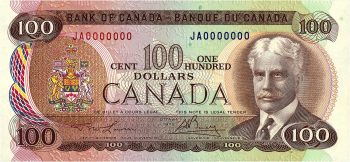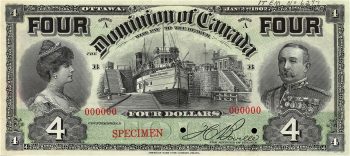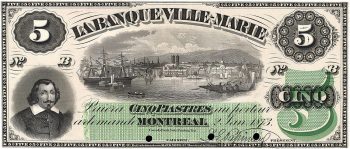A blog in honour of Movember
Although the beard has made a major comeback in popular culture, the moustache still seems to be hanging in the, um, fringes of fashion, and still treated with a modicum of irony.
The annual Movember charity event has been a big boost for the fringe-dwelling facial fur, but it seems the only time of the year when the moustache becomes popular. Still, it’s a great event. We in the currency history trade, however, know that a moustache is never out of fashion.
Because money has always reflected a nation’s history and its historic leaders, currency has remained a showcase of the finest moustaches. Simply put, there are a lot of moustaches (and beards) on money. Admittedly, most of these moustachioed icons have been dead for the better part of a century, some for several, but this does little to dim the elegance and dignity of a good moustache.
In promoting Movember, and to honour this rather tarnished example of men’s grooming endeavours, we would like to present some of history’s great moustaches—as seen on bank notes from around the world.
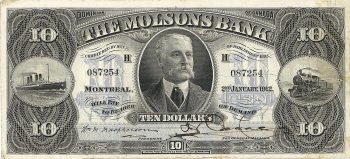
William Molson Macpherson was president of the Molson Bank. Hopefully he used a mustache cup when enjoying a drink of beer. $10, Molson Bank, Canada, 1916
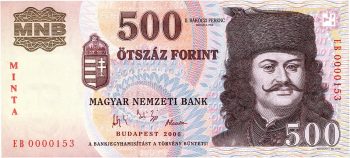
Francis II Rákóczi was a prince of Transylvania and a member of the Order of the Golden Fleece. No, “fleece” does not refer to his facial hair. 500 forint, Hungary, 2006
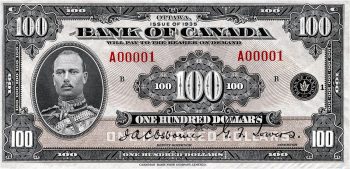
This neatly trimmed military moustache belongs to the little brother of King Edward VIII and King George VI. He was Prince Henry, Duke of Gloucester. 100 dollars, Canada, 1935
The Museum Blog
Where Futurists Feared to Tread
By: Graham Iddon
Wrap-up, 2019
By: Graham Iddon
Private Atkinson’s War
By: Graham Iddon
Bank Note/Billet de banque
By: Graham Iddon
RCNA Convention, 2019
By: David Bergeron
